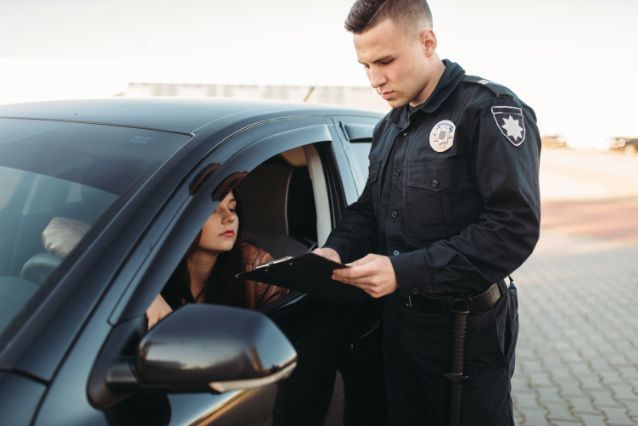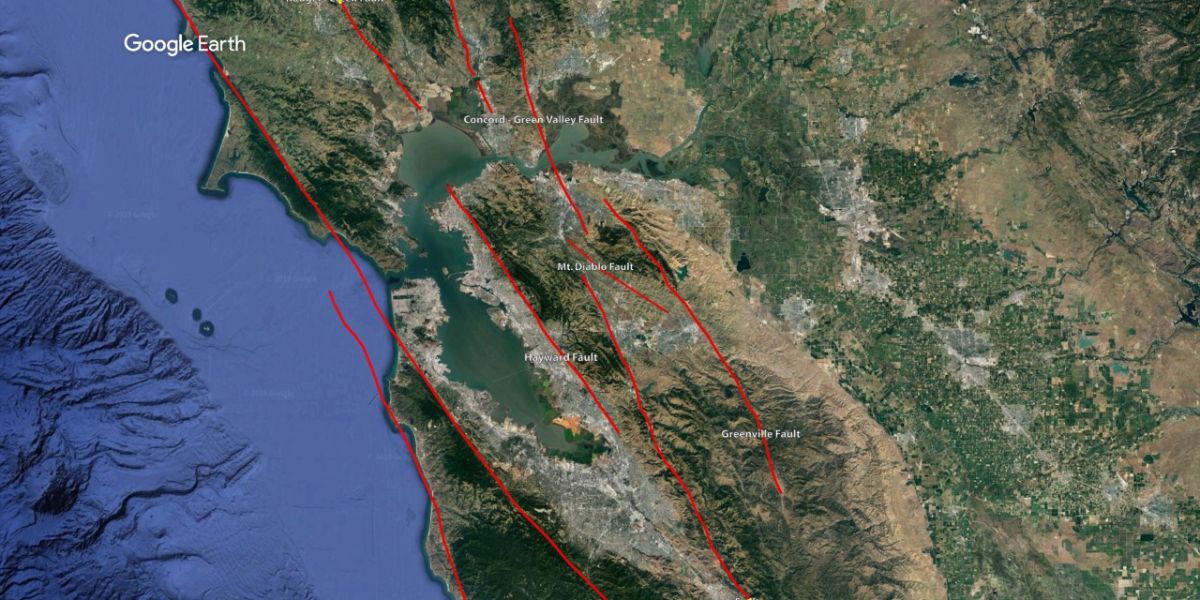Can Police in Georgia Search Your Phone During a Traffic Stop? The amount of information on a smartphone is enormous for an individual – pictures, messages, banking details, location data, among others. The question is: can law enforcement search your phone during a routine traffic stop in Georgia?
It’s an issue governed by state laws in Georgia as well as federal constitutional protections, and it’s important to know your rights. Here is a guide on what the law has to say about phone searches during traffic stops in Georgia and the limits of police authority.
Understanding Your Rights Under the Fourth Amendment:
The Fourth Amendment to the U.S. Constitution guards people against unreasonable searches and seizures and requires warrants supported by probable cause to specify particularly both the place to be searched and the things to be seized.
The protection includes personal effects, homes, cars, and electronic devices like smartphones from warrantless searches.
Warrant Prerequisites for Phone Searches
In most instances, the police require a warrant before searching a mobile phone. This principle has been influential since the landmark decision in the U.S. Supreme Court case Riley v. California (2014), declaring that police could not search a phone during an arrest without a warrant.
Key Takeaways from Riley v. California:
Privacy Concerns: The Court highlighted cell phones store massive amounts of personal data and are thus fundamentally different from other items searched.
Scope of Search: Police cannot rely on limited visible information, such as a lock screen notification, to justify a full, warrantless phone search.
Georgia’s Laws on Phone Searches
Georgia law is in line with the federal standard, and warrants are needed to search phones. But specific cases and nuances make things more specific.
Exceptions to the Warrant Requirement :
Consent: Police can search your phone if you voluntarily give permission. Know you have the right to refuse.
Exigent Circumstances: If there is an immediate threat to public safety or a risk of evidence being destroyed, police may search without a warrant.
Search Incident to Arrest: While Riley limits such searches, exceptions may be claimed for safety or evidence preservation, subject to judicial review.
Relevant Georgia Case Law
Georgia courts have tackled the legality of phone searches in different cases:
State v. Scott (2015): The Court of Appeals of Georgia held that, under the Fourth Amendment, a warrantless search of a telephone made during a traffic stop constituted an illegal act.
State v. Thomas (2017): In this case, the court emphasized the importance of explicit and voluntary consent for a search of one’s telephone.
Practical Guidelines in Traffic Stop
Here’s how to handle a traffic stop while protecting your rights:
If you know what your rights are during a Georgia traffic stop, you can deal with police officers more easily.
What to Do If Stopped by Police:
Stay Calm: Produce the driver’s license, registration, and evidence of insurance upon demand.
Know Your Rights: Inform the officer that you do not consent to a phone search in the absence of a warrant.
Do Not Consent: Clearly indicate refusal for a search. This is very important to remind everyone especially if your case goes to court.
Request Legal Counsel: If placed under arrest, request an attorney prior to answering more questions.
Traffic Stops and Searches in Georgia: A Statistical Overview
It helps to look at data on Georgia traffic stops and searches to get a better sense of the bigger picture.
Key Statistics:
For context, here are some statistics from the Georgia Department of Public Safety for 2023:
Traffic Stops: Estimates suggest that around 1.5 million stops took place.
Search Rates: Some 5 percent of these stops included searching a vehicle or personal belongings, such as cellphones.
Consent Searches: Nearly 70% of all searches were on apparent driver consent
Arrests: Just 2% of stops resulted in arrests, demonstrating how infrequent serious legal consequences were.
Common Scenarios and Their Legal Implications
Scenario 2: Suspected DUI
If pulled over on suspicion of DUI, police might try to search a cell phone for incriminating text messages. But Riley rules that those warrants are needed.
Scenario 3: Search Incident to Arrest
In cases of serious crimes, like drug possession, police can invoke “exigent circumstances” to justify searching a cell phone-again, however, a claim that courts review.
Technology, Privacy and Law Enforcement
Technological advancements have complicated the balance between privacy and law enforcement capabilities.
Encryption and Security Features
Modern smartphones often come with strong encryption, making data access challenging even with a warrant.
Legal Battles
Courts are increasingly addressing whether individuals can be compelled to unlock their devices. In Georgia, courts have tread cautiously to avoid infringing on privacy rights.
Conclusion
In Georgia, a police officer, for the most part, requires a warrant to search your cell phone when making a traffic stop. However, exceptions exist when warranted by emergency, consent or exigent circumstances, which, again, are narrowly defined.
Thus, it empowers you and secures your right under the law in the event of dealing with law enforcement.


 by
by 




